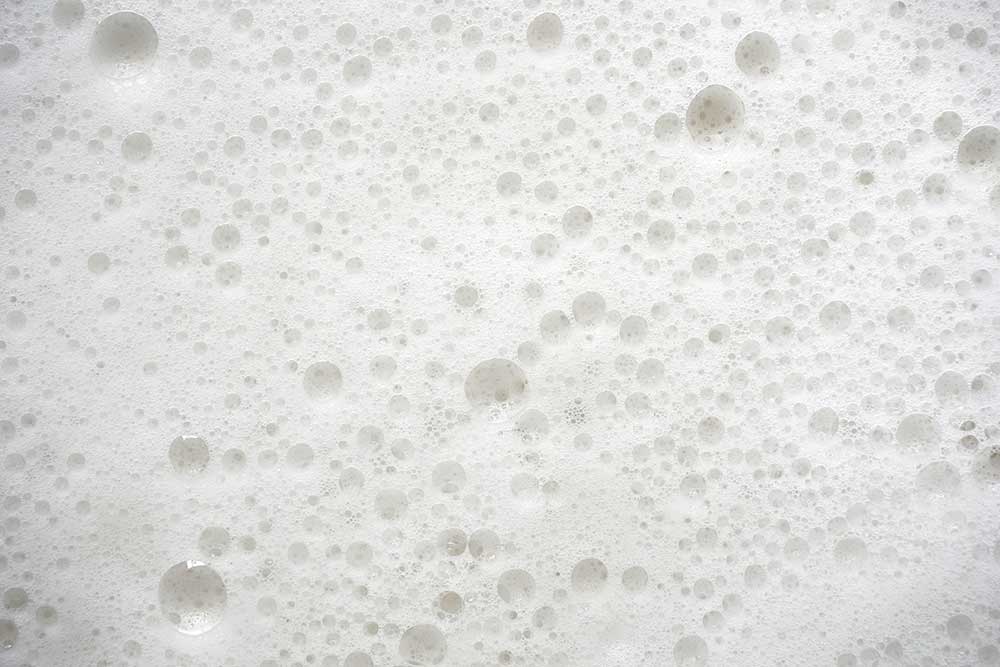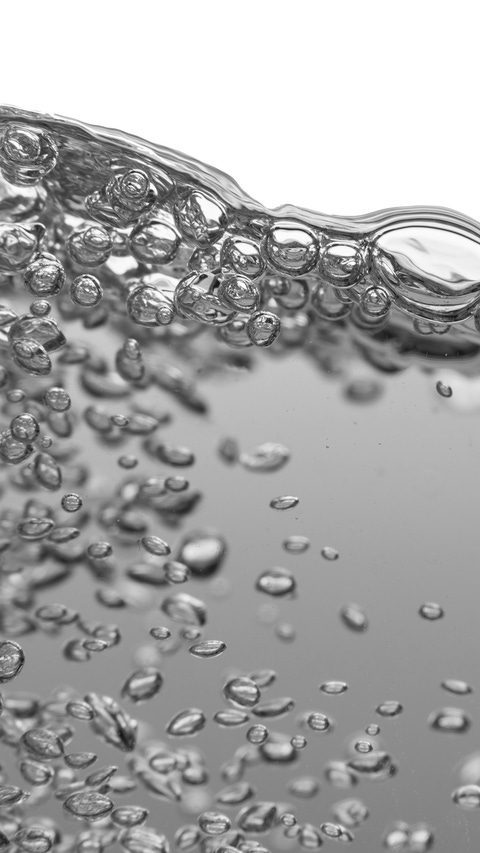Why Defoamers Are Essential in Water Treatment and Waste Management
Why Defoamers Are Essential in Water Treatment and Waste Management
Blog Article
The Role of Defoamers in Enhancing Product Top Quality and Performance
In various making procedures, the presence of foam can substantially prevent item high quality and functional performance. Defoamers serve as vital additives that minimize this problem, making sure smoother manufacturing workflows while enhancing the practical and visual features of the end products (defoamers). Their application extends a plethora of markets, from food and drink to drugs, where consistency and reliability are paramount. The choice of the suitable defoamer can be vital to accomplishing ideal results, increasing essential questions about formula compatibility and efficiency metrics that warrant more expedition.
Understanding Defoamers
Comprehending the role of defoamers is crucial for keeping product high quality across numerous markets. Defoamers are chemical ingredients developed to avoid the development and minimize of foam in fluid systems, which can detrimentally affect procedures such as mixing, loading, and surface stress. Foaming can result in inadequacies, product problems, and endangered visual allure, making defoamers an important component in manufacturing procedures.
In commercial applications, defoamers aid to boost product uniformity and stability. In the paint and layers market, foam can conflict with the application procedure and the final surface. In food and beverage production, extreme foam can hinder bottling and packaging performance. The efficient use defoamers not just makes certain smoother manufacturing procedures however also adds to remarkable product efficiency.
Furthermore, the selection and formulation of a defoamer must line up with specific application needs, such as compatibility with various other components, effectiveness under differing temperature and pH problems, and prospective regulative constraints. Eventually, comprehending defoamers' features and their significance in numerous solutions is important for enhancing manufacturing and making sure the finest final product.
Types of Defoamers
Defoamers can be categorized right into a number of kinds based upon their structure and mechanism of action. The primary types consist of silicone-based, non-silicone natural, and inorganic defoamers.
Silicone-based defoamers are among the most reliable, primarily due to their capability to spread quickly on the liquid surface area and interrupt foam development. Their one-of-a-kind chemical framework permits remarkable security, making them ideal for high-temperature applications and environments with varying pH degrees.
Non-silicone natural defoamers, usually made up of all-natural oils or fats, are valued for their biodegradability and lower poisoning. These are normally made use of in food and beverage applications where security and ecological effect are paramount.
Not natural defoamers, that include materials like talc or calcium carbonate, act by boosting the thickness of the liquid, thus decreasing foam security. They are commonly made use of in commercial procedures where compatibility with various other products is not a problem.
Each kind of defoamer has distinctive advantages and constraints, enabling tailored remedies relying on the specific lathering concerns experienced in numerous applications. Comprehending these differences is critical for optimizing efficiency and attaining desired item top quality.
Applications Throughout Industries
Various markets take advantage of defoamers to improve product top quality and functional efficiency. In the food and drink industry, defoamers are essential in procedures such as web link brewing and dairy products manufacturing to stop foam development, which can result in inefficiencies and product incongruity. By managing foam, manufacturers can make sure far better yield and an extra consistent item.
In the pharmaceutical sector, defoamers play a vital role in the formula of fluid medications, where too much foam can hamper mixing and accurate dosing. Their use helps preserve the honesty of the formulas and helps with smoother production processes.
The paint and finishes market likewise depends on defoamers to boost the performance of items throughout application. By reducing foam, these ingredients guarantee a smoother coating and boost the visual high qualities of the final item.

Benefits of Using Defoamers
While the application of defoamers differs across markets, their advantages continually enhance product top quality and procedure efficiency. One considerable benefit is the reduction of foam development throughout making procedures, which can or else cause production hold-ups and disparities in product high quality. By decreasing foam, defoamers enable a smoother flow of materials, assisting in a lot more effective operations and reducing the chance of equipment breakdowns.
Furthermore, using defoamers can improve the look and structure of end products. In sectors such as coatings, paints, and food processing, too much foam can endanger the aesthetic aesthetic appeals and total quality, while the proper defoamer application ensures an uniform surface and preferable characteristics. Furthermore, defoamers can add to cost financial savings by lowering waste during production and maximizing making use of basic materials (defoamers).

Selecting the Right Defoamer
Picking the right defoamer is important for enhancing production procedures and guaranteeing product quality. The option of defoamer influences not only the performance of foam control however likewise the total efficiency click this site features of the last item. Variables to take into consideration include the type of application, the chemistry of you could check here the formulation, and the environmental conditions under which the item will certainly be made use of.
Different industries may require particular defoamer kinds, such as silicone-based, organic, or polymeric defoamers. Comprehending the compatibility of the defoamer with the primary active ingredients is vital to avoid damaging responses that might jeopardize item stability. Furthermore, the defoamer's performance in numerous temperatures and pH levels need to be reviewed to guarantee regular performance.
Examining the defoamer in small-scale applications can offer useful understandings into its efficiency and viability. Consideration of governing conformity, specifically in food, pharmaceuticals, and cosmetics, is paramount in choosing a defoamer. Eventually, a complete evaluation of these variables will bring about the selection of a defoamer that not only controls foam effectively yet additionally improves the top quality and performance of the end product.
Final Thought

In conclusion, defoamers are vital ingredients that substantially boost item top quality and efficiency throughout numerous industries. The tactical choice and application of defoamers lead to cost savings, optimized source use, and enhanced consumer fulfillment.
Frothing can lead to ineffectiveness, product flaws, and compromised visual charm, making defoamers an essential component in making procedures.

Report this page